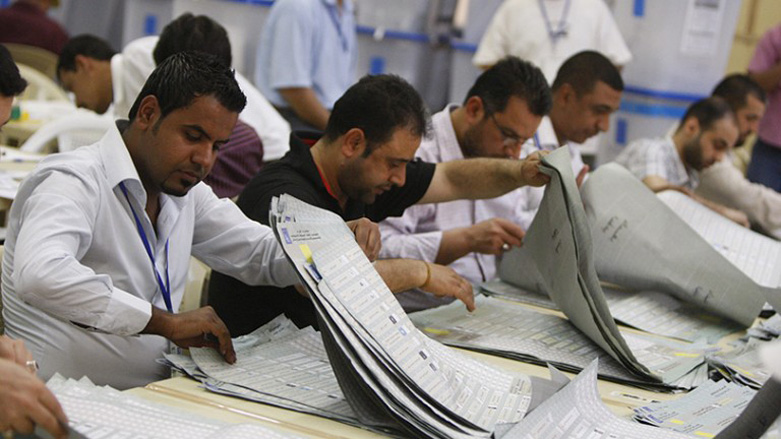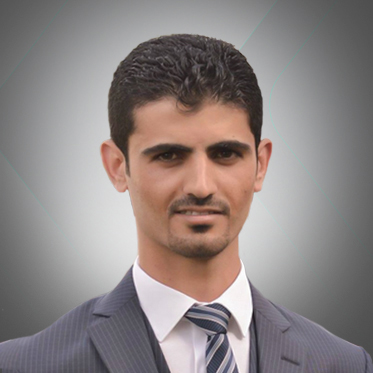Partial manual vote count starts Tuesday despite outgoing Parliament’s call for comprehensive recount

ERBIL (Kurdistan 24) – The Iraqi High Independent Electoral Commission (IHEC) announced that the partial manual vote counting for the May 12 parliamentary elections would start on July 3.
In a statement on Saturday, Laiyth Jabir Hamza, the IHEC spokesperson, said the Commission would only do a partial manual vote recount that would include the appealed ballot boxes and stations across the country.
With the presence of the IHEC commissioners, appointed by the High Supreme Court, the manual recounting of votes will start on Tuesday.
The manual recount will start in the IHEC’s offices in the provinces of Kirkuk, Sulaimani, Erbil, Duhok, Nineveh, Salahuddin, and Anbar, Hamza said.
The process will begin in Kirkuk Province then continue in other areas based on the schedule prepared by the IHEC.
The recount of the votes will only be based on the appeals from political parties, the IHEC spokesperson revealed.
Iraq’s recent parliamentary elections were marred by allegations of fraud and corruption leading to the current Parliament passing a law this month which approved the manual recount of votes across the country.
On June 6, the Iraqi Parliament decided to freeze the work of the IHEC, assigning nine judges to run the commission to facilitate a manual recount of ballots for the entire elections process.
On Saturday, the Parliament held its last session before the end of its term where they discussed the elections process and vote counting by the IHEC.
Following the session, Deputy Parliament Speaker Humam Hamoudi expressed his concern over the partial manual recount in a statement.
Hamoudi claimed some were against a complete vote recount for all ballot stations across Iraq, suggesting there might be a hidden motive behind the objection.
Editing by Karzan Sulaivany
